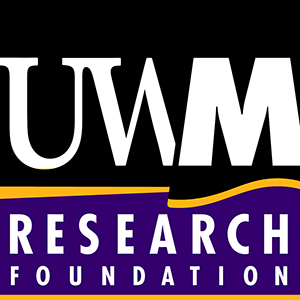
OTT1760
Applications
Biotechnology Industry, Agriculture and Livestock Industry, Healthcare Industry, Pharmaceutical Industry, Global Health Organizations
Target Problems
Schistosomiasis is a neglected tropical disease affecting over 200 million people worldwide. Current schistosomiasis treatment relies on a single drug, praziquantel, with the potential for emerging resistance and limited efficacy against certain juvenile parasite life stages.
Key Benefits
- Novel compounds are effective at targeting the parasites that cause schistosomiasis.
- Non-sedating derivative compounds of an effective anthelmintic benzodiazepine.
- Effective against adult and juvenile stages of the parasites.
- Safe and cheap to manufacture.
Development and Commercial Needs
Researchers at the University of Wisconsin have developed non-sedating benzodiazepine derivatives, MYM-V-56 and MYM-III-10, which effectively target schistosomiasis-causing parasites at various life stages without the sedative effects seen in the original compound, Meclonazepam. Tested in mice, these compounds reduce sedation and show efficacy against both adult and juvenile parasites, marking a significant advancement in treating this disease. We are seeking strategic partners in the human and animal pharmaceutical industries who could provide a route to market for the commercialization and use of these drugs. Continued development, optimization, and testing are underway for the lead compounds.
Intellectual Property
Filed provisional patent application 2024.
Inventor(s)
James M. Cook, Distinguished Professor Emeritus, College of Letters & Science, Chemistry & Biochemistry
John Chan, Associate Research Professor, Global Health Institute, University of Wisconsin-Madison
